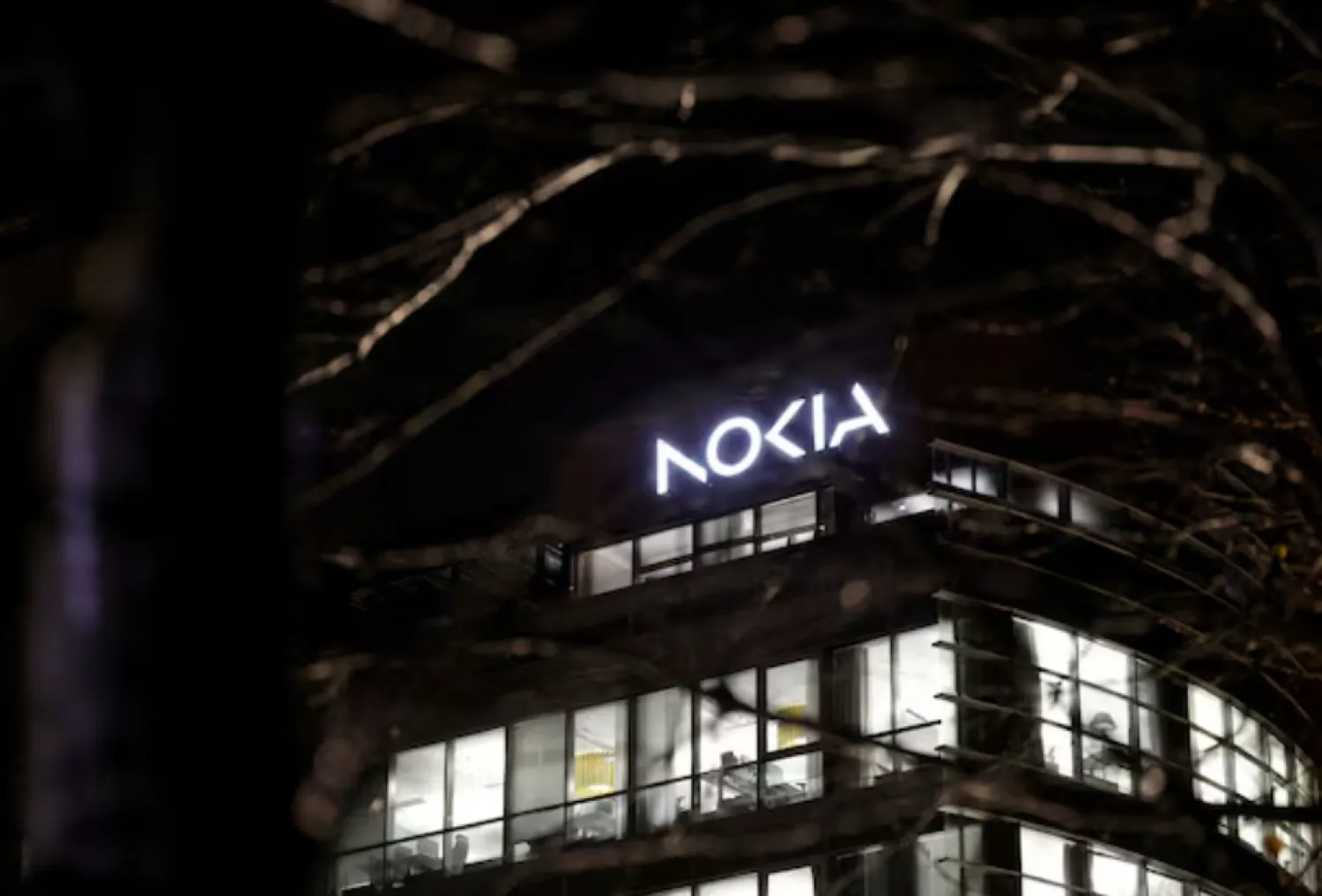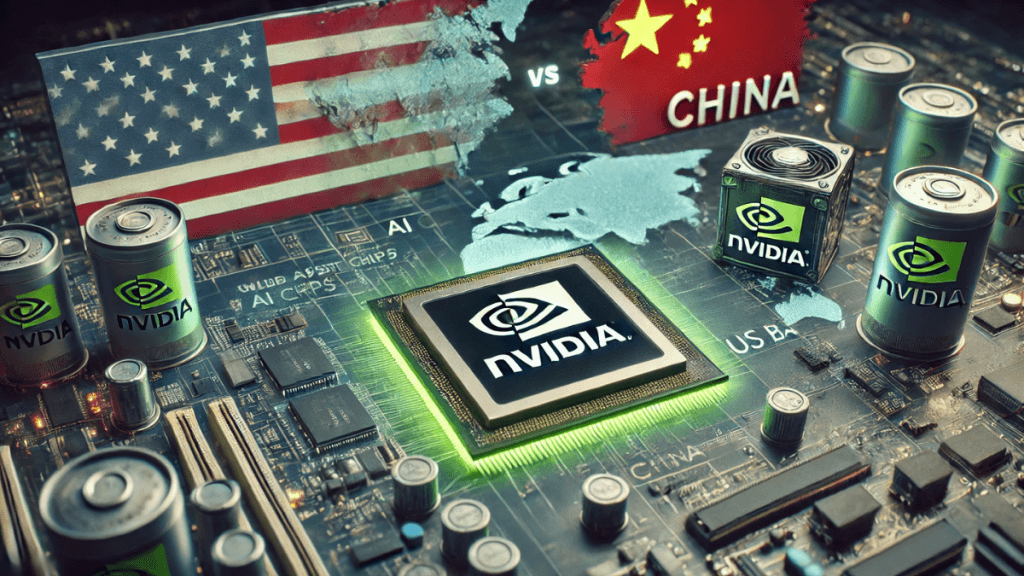Microsoft and Nvidia Back Anthropic, $30 Billion Azure Compute Commitment
Anthropic announced a wide ranging alliance on November 19, 2025, under which it committed to purchase roughly $30 billion of Microsoft Azure computing capacity while Microsoft and Nvidia pledged multi billion dollar investments. The pact aims to accelerate deployment of Anthropic's Claude models and optimize performance on Nvidia hardware, a move that could reshape the economics and competitive landscape of large scale artificial intelligence.

Anthropic, the maker of the Claude family of large language models, on Wednesday disclosed a major strategic alignment with two of the technology sector's most powerful players. The company committed to buying roughly $30 billion of computing capacity from Microsoft Azure over an unspecified period, while Microsoft and Nvidia pledged to invest billions of dollars in Anthropic as part of the financing round. Reports indicated Microsoft would provide up to $5 billion and Nvidia up to $10 billion.
Company officials said the pact was designed to scale Anthropic's models across cloud platforms and to improve model performance on Nvidia hardware, which dominates the market for accelerated artificial intelligence compute. The investment and compute commitments are intended to give Anthropic greater capacity stability and closer collaboration on software and hardware optimization, potentially reducing training times and operational costs for its largest models.
The deal crystallized a pattern that has been emerging across the AI sector, where cloud providers and chip makers deepen ties with model developers through both commercial agreements and equity stakes. Supporters argue that tighter integration can drive efficiency, accelerate innovation, and deliver more capable services to enterprise customers. For Anthropic, the arrangement secures access to vast and predictable compute resources that are essential for training and running state of the art generative models.
At the same time, the transaction revived concerns about concentration and the sustainability of what critics call circular investments. Under that model, cloud or chip vendors invest in model makers that then commit to purchasing compute from the investors, potentially reinforcing dominant suppliers and raising questions about market fairness. The new alliance invited scrutiny from investors and industry watchers who warned that such concentrated relationships could entrench incumbents, make costs opaque for customers, and limit options for rivals.
The size of Anthropic's compute commitment was notable for its scale. Committing roughly $30 billion of Azure capacity signals that the company plans sustained, high intensity usage of cloud resources, a pattern that could influence pricing, capacity planning, and the allocation of next generation chips. For cloud customers and competing model developers, that concentration of demand may translate into tighter availability or higher prices for cutting edge accelerators, although proponents contend long term investments will expand overall supply.
Regulators in multiple jurisdictions have become increasingly attentive to the dynamics of the AI supply chain, including interactions between cloud operators, chip suppliers, and model makers. The alliance will likely draw fresh attention from antitrust authorities and policymakers concerned with competition, national security and resilience in critical digital infrastructure.
For enterprises, developers and the research community, the short term effects may include faster access to more capable Claude models and performance tuned to Nvidia hardware. Over time, however, the industry will be watching whether such integrated deals foster innovation and lower costs broadly, or whether they consolidate power and narrow the field of independent competitors. The agreement on November 19 marked a significant moment in the maturation of the AI economy, and its longer term consequences are set to unfold in board rooms, cloud regions and regulatory reviews around the world.


